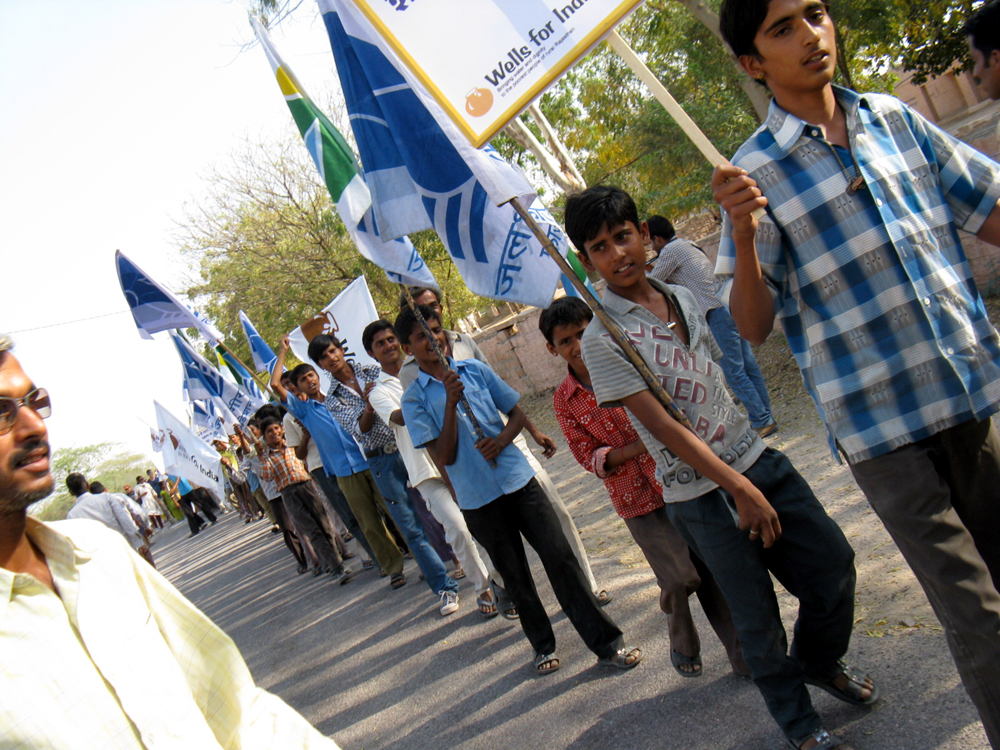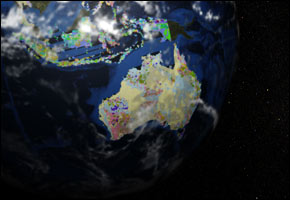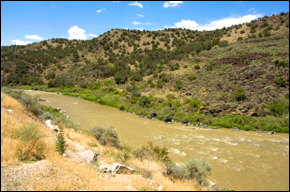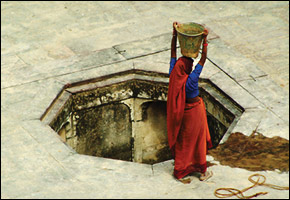Op-ed: Not a ‘natural’ disaster
NEW DELHI – The floods India and Nepal have suffered this season need not have wrought such havoc, an editorial in India’s Business Standard declares.
Floods, often deemed mistakenly as natural disasters, are the result mostly of human misadventure in the river catchments, and the neglect of water systems. The catastrophe caused by the turbulent Kosi river in north Bihar, after breaching its embankment at Kusaha, near the Bhimnagar barrage in Nepal, is a typical example. The breach in its eastern bund has caused the river to change its course and gush eastwards as a torrent to drown unsuspecting towns and villages in a vast stretch, affecting over 2 million people and leading to heavy loss of life and property.
Read more here.
Source: Business Standard







In 2006 eight social entrepreneurs in India spent months investigating clues for solutions to the tragic devastation caused by Bihar floods. They identified through extensive field interviews that, beyond levees now triggering massively bigger deluges than smaller floods of past centuries, the causes of deep human disaster include local economics and politics which distort flood control and flood relief and often take deliberate advantage of the victims. The saddest conclusion, of course, is that for years the human devastation in Bihar has been predictable, almost reliable, months in advance of the floods each year, and not because of nature and rain, but because of economics and politics.
Their assessment reveals how flood relief is foreseen by many as a “third harvest,” with private sector and government middlemen buying, selling, and bribing rights to relief supplies months before the floods even arrive, bargaining away goods, property and even children to the sex trade in exchange for promises of flood relief or access to flood management funds. It is terrible, and it has implications for national and international media, businesses and bankers, relief agencies, citizens, and many others.
I am eager to share this draft assessment of clues for solutions, in hopes of helping anyone trying to understand and address the deepest roots of this problem. Please contact me at Ashoka, dstrelneck@Ashoka.org, for a copy of the draft notes from this work if they would be useful.